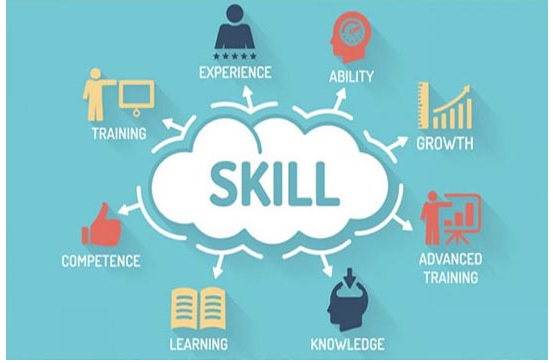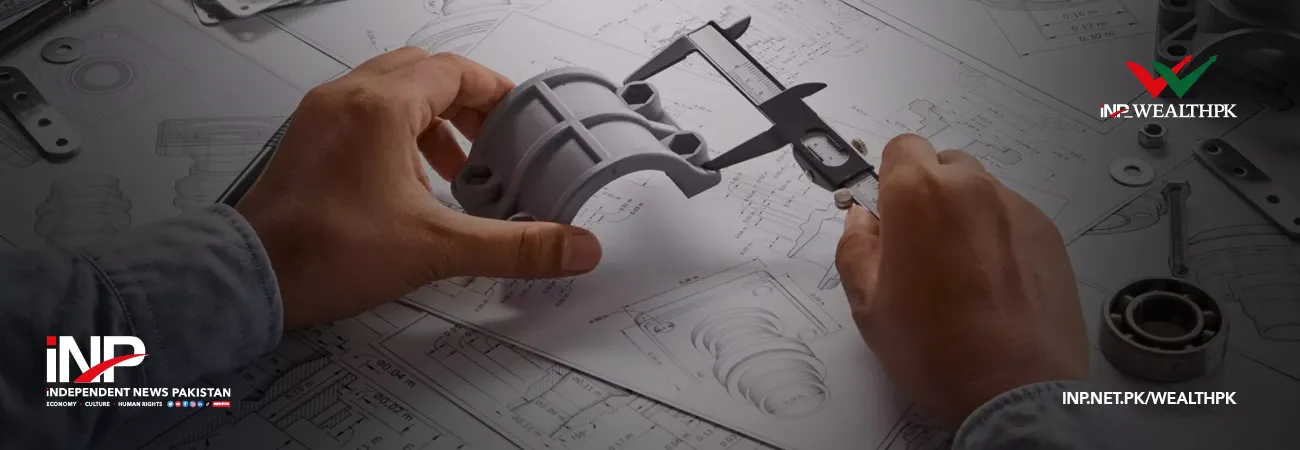INP-WealthPk
Ahmed Khan Malik
Karachi industrialists have called for setting up more technical and vocational training institutions and upgrading the existing ones in the Sindh province for producing skilled workforce to meet the growing needs of the industry.

“The stiff competition in the global market as well as the modern production techniques require a highly skilled labour force,” Mustafa Jahanzeb, Secretary of Sindh Industries Association, said while talking to WealthPK. “Skilled workforce is the backbone of economic development. So collective efforts should be made to ensure a bright future for the youth by encouraging them to pursue entrepreneurial ventures,” he added. He underscored the need for launching technical training initiatives, highlighting the importance of skill development to make Pakistan competitive at both the regional and international levels. Jahanzeb stressed the importance of aligning technical training curriculums with modern industrial needs and technology trends, ensuring future linkages between industry and technical institutions.
Dilshad Azeem, an industry expert, said that in addition to other constraints facing the economy, the perceptible phenomenon of growing shortages faced by the various sectors of the economy in the right skills has so far failed to draw the attention of the government. He said that studies on economic rates of return have concluded that earnings have risen substantially for workers with higher degrees and skills relative to those with high school diplomas or lower skills. He said studies showed that a workforce with higher skills was important not only for maintaining the engine of growth but also for improving the climate for investment and acquiring a competitive edge in the global economy.

Jahanzeb said that against this background, the skill shortages faced by the Pakistani economy were posing a very serious challenge for future growth and competitiveness as Pakistan had been one of the major textile-producing and exporting countries for over five decades. “We should have had a large network of world-class textile universities, colleges, institutes, faculties, and technical training facilities producing top-class professionals, managers and technicians for the whole value chain of the industry. In fact, a few of these institutions that exist are sub-par and not up to the standards required for the industry to remain fiercely efficient,” Jahanzeb noted.
He said that Sindh and Punjab were the industrialised provinces of the country. However, he said the situation in Sindh was worse than in Punjab, which had relatively better technical and vocational institutions. He said that there were many technical and vocational institutions in Sindh, but their standards of education were not up to the mark. He said that Sindh, which still had the largest industrial base, needed to produce skilled workforce to meet the industry needs.
Credit: INP-WealthPk






